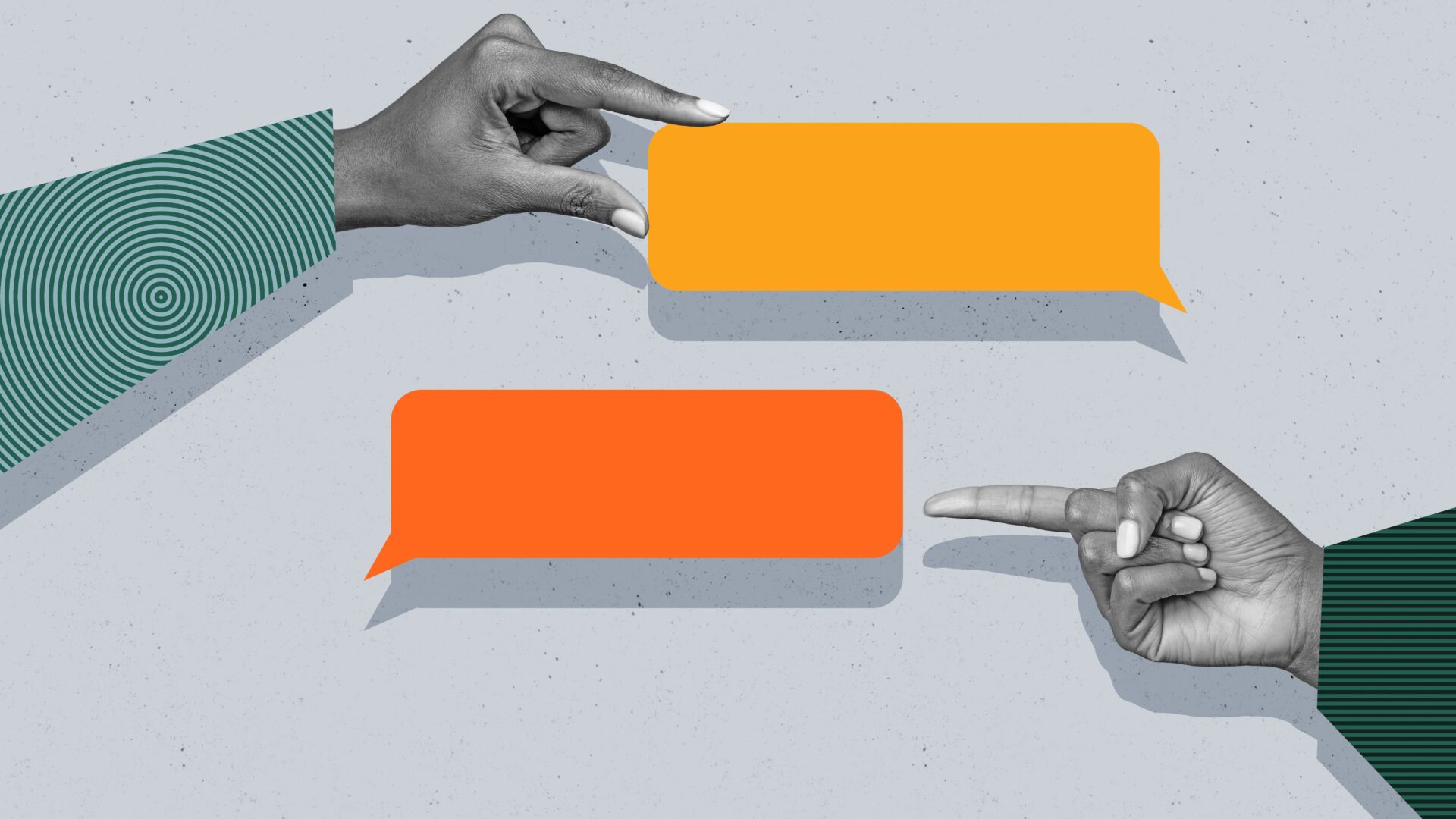Welcome to the national Student Academy of Audiology (SAA) Pathways to Audiology Interview Series! While many audiologists come from a Communication Science Disorders (CSD) background, others have taken different pathways to the field. In this series, the national SAA will interview both audiologists and AuD students who have or are taking non-traditional routes into the profession of audiology.
Our next interview is with Kiara Ebinger, PhD, DABNM (she/her).
Q: Give us a brief description of yourself, your pronouns, your official title, where you are currently working, etc.

I am Kiara Ebinger, PhD, DABNM. My pronouns are she/her. My title is director of physician quality management. I work at a neurology practice that provides remote oversight services for intraoperative neurophysiological monitoring (IONM).
Q: Where did you receive your bachelor’s and AuD (or PhD)?
I received my bachelor’s degree in psychology, and my master’s in audiology, from the University of Texas at Dallas. I received my PhD in hearing science and neuroscience from Vanderbilt University School of Medicine.
Q: What made you want to become an intraoperative monitoring audiologist?
As part of my job in clinical studies at Cochlear Corp, I supported first-surgeries with new, investigational devices (such as investigational cochlear implants and auditory brainstem implants). There, I was exposed to monitoring electrophysiological responses intraoperatively to protect the nervous system from surgical injuries that could result in postoperative deficits. I fell in love with it and wanted to do that job every day. I quickly realized that there is an entire field that does that job on a daily basis—intraoperative neurophysiological monitoring.
Q: What does your day entail as an intraoperative audiologist?
My days are not typical of the field, as I do not work in the operating room. My days are filled with incident report monitoring and research, working to raise the level of quality care provided by our physician practice, and evaluating physician performance.
Q: What classes or additional education would you suggest for students wanting to pursue becoming an intraoperative monitoring audiologist?
Audiologists interested in intraoperative neurophysiological monitoring should take a graduate-level course in neurophysiology, and a separate graduate-level course in neuroanatomy. These courses are required to sit for the Diplomat of the American Board of Neurophysiological Monitoring (DABNM) exam, which allows audiologists to independently perform and bill for professional oversight duties.
Q: What opportunities do you remember from your educational career that helped you solidify your interest in intraoperative monitoring?
Honestly, there was nothing from my education that helped me, because I had never heard of intraoperative monitoring until years later into my professional career. I now know that audiology and intraoperative neurophysiological monitoring (IONM) fit together perfectly, and I encourage all interested audiologists to take an intro to IONM class, or at least observe a surgery that includes IONM, to see if there is deeper interest. Otherwise, you may not get exposed to it at all!
Q: What kind of clinical placements would you suggest to a student wanting to go into intraoperative monitoring?
If someone is interested in going into IONM, I strongly recommend getting yourself into a clinical rotation that includes IONM. Ask people in the field for a contact—the field is very welcoming! If not IONM directly, be sure to request clinical placements that allow you to do lots of electrophysiology—all of those concepts will also apply in IONM!
Q: What do you know now that you wish you knew when you were deciding to go into intraoperative audiology?
I would have paid closer attention to every detail in electrophysiology class and clinic. The concepts are the same, whether you’re testing an auditory brainstem response (ABR) or a somatosensory evoked potential.
Q: Is there anything else you want to say or suggest to students considering going into intraoperative monitoring?
There are lots of types of jobs within intraoperative monitoring, but they all start in the operating room. After a good base of knowledge and experience, more areas will open up. There are advanced certifications that can be achieved and can lead to even more opportunities, if there is further interest.
I mentioned this earlier—audiology and IONM are a great fit! Intraoperative monitoring is a field that is never boring, gives you something different every day, and lends itself to lifelong learning! If you get bored easily, you might love IONM!
Additional resources for those interested in IONM:
- Finding the right doctoral program for you:
- Academy Online Learning Opportunities – Search courses by topic
- Journal of the American Academy of Audiology
Related Posts
Insights from A Fireside Chat with Audiology Students and Professionals with Hearing Loss
On January 15, 2025, the Students with Hearing Loss Subcommittee of the Student Academy of Audiology (SAA) hosted a Fireside Chat featuring a panel of students and professionals with hearing loss. The student panelists included Mindee Anderson, Nicole Genser, and Natalia Matteo. The professionals were Sarah Sparks, AuD, and Michelle Hu, AuD. With over 60…
Pathways to Audiology: Sarah Jones, AuD
Welcome to the national Student Academy of Audiology (SAA) Pathways to Audiology Interview Series! While many audiologists come from a Communication Science Disorders (CSD) background, others have taken different pathways to the field. In this series, the national SAA will interview both audiologists and AuD students who have or are taking non-traditional routes into the profession…
Pathways to Audiology: Alexander Morris, AuD
Welcome to the national Student Academy of Audiology (SAA) Pathways to Audiology Interview Series! While many audiologists come from a Communication Science Disorders (CSD) background, others have taken different pathways to the field. In this series, the national SAA will interview both audiologists and AuD students who have or are taking non-traditional routes into the profession…



